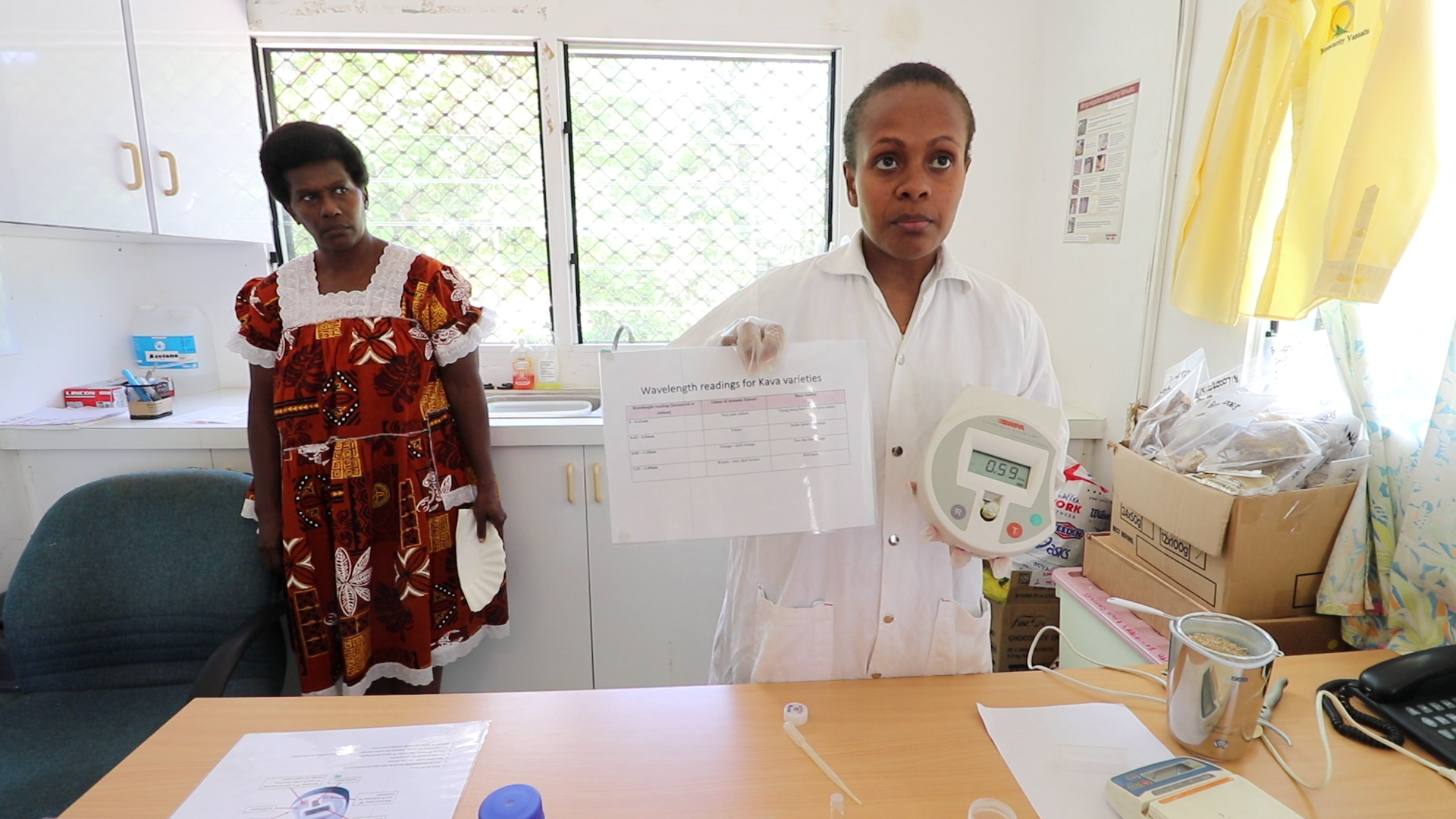North America and South West Pacific region examining major food safety issues
The Codex North America and South West Pacific region (CCNASWP) brings together a rich mixture of countries. Developed countries such as Australia, Canada, New Zealand and the United States combine with ten countries from what are known as Small Island Developing States (SIDS), comprising The Cook Islands, Fiji, Kiribati, Micronesia, Nauru, Papua New Guinea, Samoa, Solomon Islands, Tonga and the current Codex Regional Coordinator, Vanuatu.
Because of their geographic isolation or limited natural resources, SIDS often share a unique set of circumstances, such as exposure to natural disasters or reliance on imports and they remain a special case for sustainable development in view of their unique and particular vulnerabilities.
Codex members from the region will gather in Port Vila, Vanuatu on Monday 16 September 2019 at the FAO/WHO Coordinating Committee (RCC) to begin a week of deliberations on matters including current and emerging issues, regional standards for kava and noni juice and the new 2020-2025 Codex Strategic Plan.
Mary Frances Lowe, Codex Manager, United States said: “This will be my first opportunity to participate in the RCC. I look forward to discussing issues of importance to our region and learning first-hand about the major food safety and quality issues that are of concern to other countries”.
“CCNASWP is a good opportunity to discuss Codex matters of regional relevance. New staff at the Australian Codex contact point team are also looking forward to meeting their counterparts in this region”, said Usha Sriram-Prasad, Codex Contact Point, Australia.
Seeking to deliver on regional standards
One item on the agenda specific to the region is a proposed draft standard for kava, a beverage made from Piper methysticum, a plant native to the western Pacific islands and a popular social drink. The draft Codex standard applies to fresh or dried kava products that are used to prepare the beverage when mixed with water.

Technicians in the Department of Biosecurity, Port Vila, testing kava samples
Timothy Tumukon, from the Department of Biosecurity, Vanuatu and Chairperson of CCNASWP said: “Kava is the most important crop for Vanuatu at present”, fetching a far higher price than any other product in Vanuatu. The region is very close to finalising the standard for kava "through the Codex process", he said.
Julia King co-owner and Director at the Kava House, Vanuatu said, “having a regional standard would do miracles for Vanuatu’s kava industry”.
“For me, as an exporter, to have Codex setting a regional standard will allow us to sell exactly the same product and allow customers to know exactly what they are getting”, said Michael Louze from South Seas Commodities, a kava exporter.
Sridhar Dharmapuri, Regional Food Safety Officer, FAO, said: “Trade issues are making headlines currently. It is more important than ever that countries of the NASWP region are on the same page and Codex provides a neutral and multilateral platform to do so”.
Strategic planning high on the agenda
The meeting will also be an opportunity for Members to discuss and identify specific activities that will enable them to contribute to reaching the goals and objectives of the new Codex Strategic Plan, which was adopted by the Commission in July 2019. Mary Frances Lowe said she was looking forward to “beginning development of the work plan” for the region.
Developing regional strategies to advance issues globally
Alison Wereley, Senior Policy Analyst, Canadian Food Inspection Agency said: “CCNASWP provides an opportunity to identify issues where CCNASWP members can be mutually supportive and to develop regional strategies to advance those issues globally, including implementation of the new Codex Strategic Plan”.
Read more
Follow the CCNASWP agenda on the Codex website







